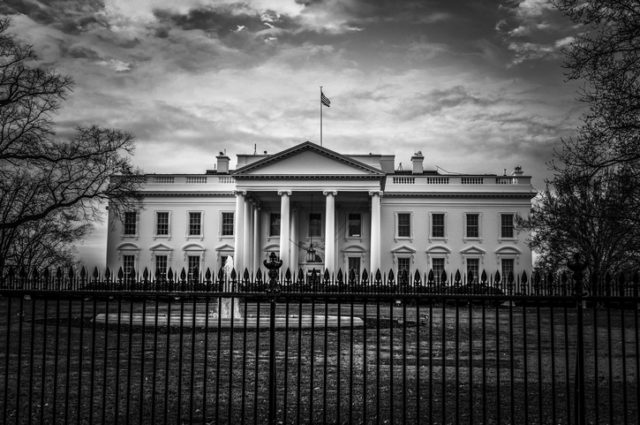
The Biden-Harris Administration proposed a new rule Tuesday that would advance mental and physical health parity requirements for health plans.
The proposed rule would build on the Mental Health Parity and Addiction Equity Act (MHPAEA), which went into effect in 2008 and required health plans to cover mental health benefits at the same level as physical health benefits. Though this still isn’t happening, with insured people having to go out of network for mental health support more than twice as often as for physical health support.
To combat this problem, the Biden-Harris Administration proposed changes to the way health plans evaluate their mental health benefits. The MHPAEA requires health plans to conduct comparative analyses of their mental health and substance use benefits so they know if the benefits are “no more restrictive than to medical benefits,” a White House fact sheet stated. The proposed rule would make it clear that health plans have to analyze the outcomes of their coverage policies, such as the health plan’s provider network, how much out-of-network providers are paid, how often prior authorization is needed and the frequency of prior authorization denials.
“These analyses will show plans where they are failing to meet their requirements under the law, and will require plans to improve access to mental health care – by including more mental health professionals in their networks or reducing red tape to get care – to be in compliance with the law,” the White House stated.
The proposed rule also states that health plans cannot engage in practices that make it more difficult for members to receive mental health and substance use services than physical health services, such as use more “restrictive” prior authorization or offer more limited networks. Health plans would have to “use similar factors in setting out-of-network payment rates for mental health and substance use disorder providers as they do for medical providers.”
In addition, while the MHPAEA did not require non-federal governmental health plans (such as those offered to state and local government employees) to comply, the new proposed rule would. Another 200 health plans would have to comply with the MHPAEA through the proposed rule.
The proposed rule could both improve mental health access and reduce the major behavioral health provider shortage that exists in the U.S., the White House added.
“With today’s changes, this rule would help increase utilization of mental health and substance use care, ensure comparable payment for mental health care professionals, likely incentivizing more people to join the mental health workforce,” the fact sheet stated.
Several healthcare organizations applauded the proposed rule, including the American Medical Association (AMA).
“The American Medical Association strongly supports the Biden administration’s commitment to addressing insurers’ continued failures to comply with the Mental Health Parity and Addiction Equity Act (MHPAEA),” said Dr. Jesse Ehrenfeld, president of the AMA, in a statement. “For more than 15 years, the combined lack of enforcement and compliance with MHPAEA has been a significant factor driving the nation’s mental health crisis and substance use disorder epidemic, which have both been exacerbated by the pandemic. Insurers’ egregious violations of MHPAEA contribute to growing inequities in mental health and substance use disorder care, which often falls [disproportionately] to historically minoritized communities.”
Brightside Health, a digital mental health company, expressed support for the proposed rule as well.
“We applaud the Biden administration for prioritizing behavioral health at the same level as physical healthcare,” said Brad Kittredge, co-founder and CEO of Brightside Health. “For decades, mental healthcare services have been reimbursed at lower levels than physical health services, causing many providers in a short-staffed industry to exit insurance networks and only accept cash as payment. This has substantially heightened problems with access to quality mental health care, worsening outcomes and increasing costs.”
The Biden-Harris Administration stated that it also plans to put out a request for information on “how it can best work with states to ensure compliance with MHPAEA’s critical protections for the millions of Medicaid beneficiaries enrolled in private Medicaid health plans.”
Photo: Philip Rozenski, Getty Images








